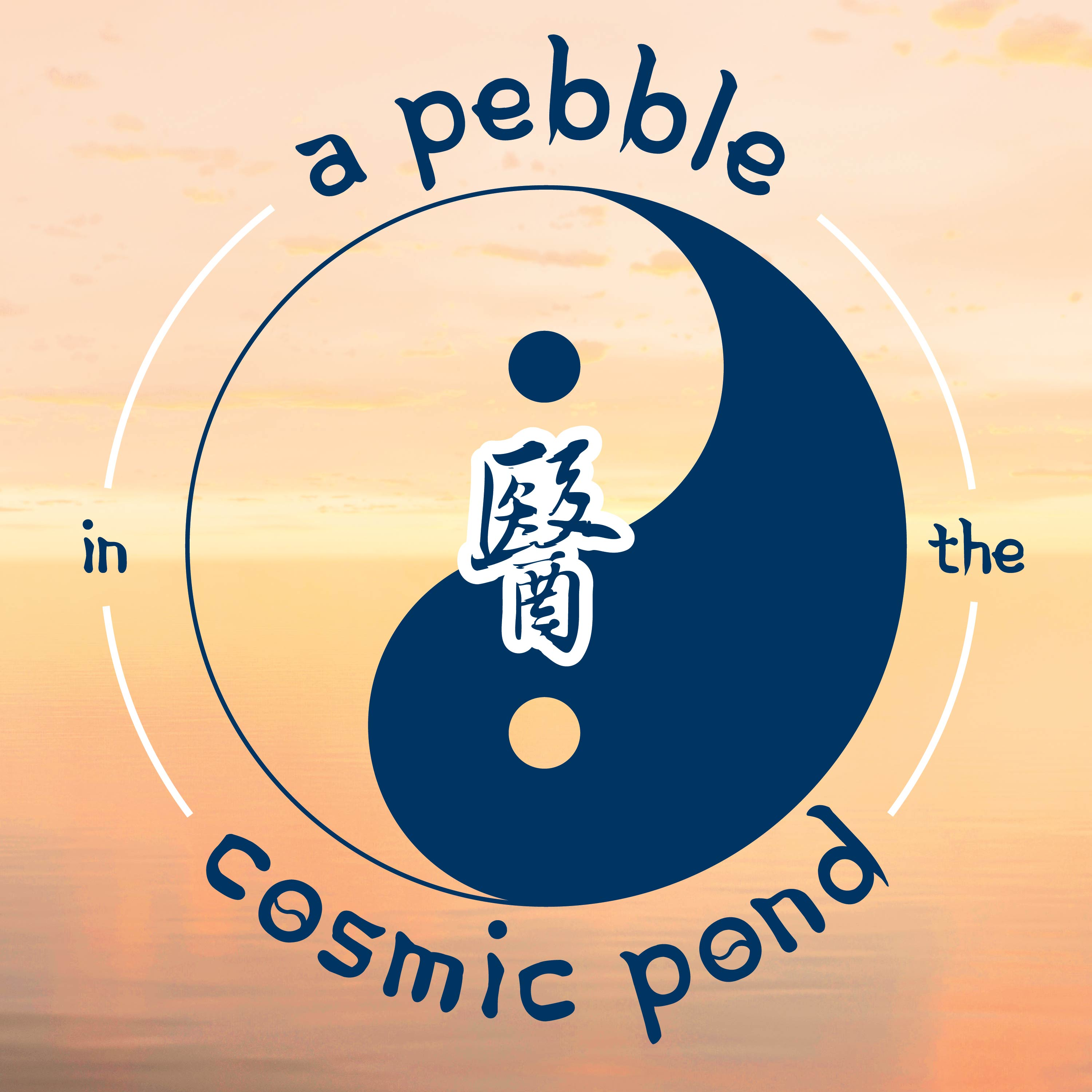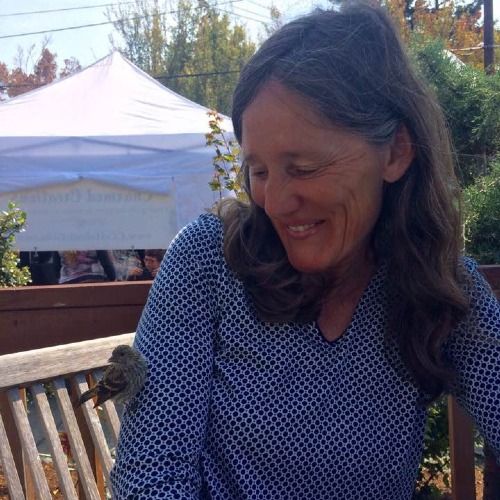The Balanced Person Doesn't Get Sick
Welcome to the first episode in Season Three of the Pebble in the Cosmic Pond podcast. For the next few months, we shall consider a variety of perspectives on “Nurturing Our Nature” 養性: Cultivating health and longevity from ancient China to today.
This project is inspired by two things: First, Leo Lok's and my research in the volume on this topic in the seventh century text Beiji qianjin yaofang 《備急千金要方》 (Crucial Formulas to Prepare for Emergencies Worth a Thousand in Gold) by the famous medical author Sun Simiao. And secondly by our preparation for a course we will be teaching on this potent topic starting in September. In this podcast season, and the course, we shall both present early and medieval Chinese writings and practices authentically and, at the same time, make sense of this material in our personal lives and in the contemporary clinical context.
Our first conversation on this topic in the present podcast episode, titled “The balanced person doesn’t get sick” 平人者不病, starts with a critical exploration of the topic of yangxing in general, and specifically of the meaning of xìng 性 (“innate nature”). As usual, we try to balance the presentation of generalized default ideas with a more nuanced and textually rigorous way by differentiating between specific texts and contexts, authors, periods, and even passages within a single text.
To demonstrate the importance of this approach, we look at the role of the emotions, and joy in particular, in self-cultivation and how this might have changed between the Han and Tang periods, and between the authors of the Neijing and Sun Simiao. Fortunately, our background in Chinese medicine can help us make sense of the complicated linguistic material by grounding the textual evidence and abstract ideas in the concrete physiological responses in the body, through pulse, Qi flow, complexion, the shine of the shen, and other markers.
At the end of the day, we can evaluate the effect of any emotion by asking: Does it bring us closer to the ideal of píng 平, the healthy state of balance and dynamic equilibrium, or does it take us away from that? For this reason, we titled this episode 平人者不病 “The balanced person doesn’t get sick.” Isn’t this phrase from Suwen 18 a beautiful way to describe the essence of our medicine?
I am your host, Dr. Sabine Wilms, and I am joined, as usual, by Leo Lok, Resident Purveyor of Multiple Perspectives at the Pebble in the Cosmic Pond podcast, where we share old and new stories about China's healing traditions and about medicine in Heaven and on Earth... ...and in the sweet spot in between.
Additional Information
- Nurturing Our Nature Course
- Subscribe to my newsletter!
- Imperial Tutor Mentorship by Dr. Wilms
- Happy Goat Productions (Dr. Wilms' website)
- Leo Lok's courses - All Courses - Voices of Our Medical Ancestors


